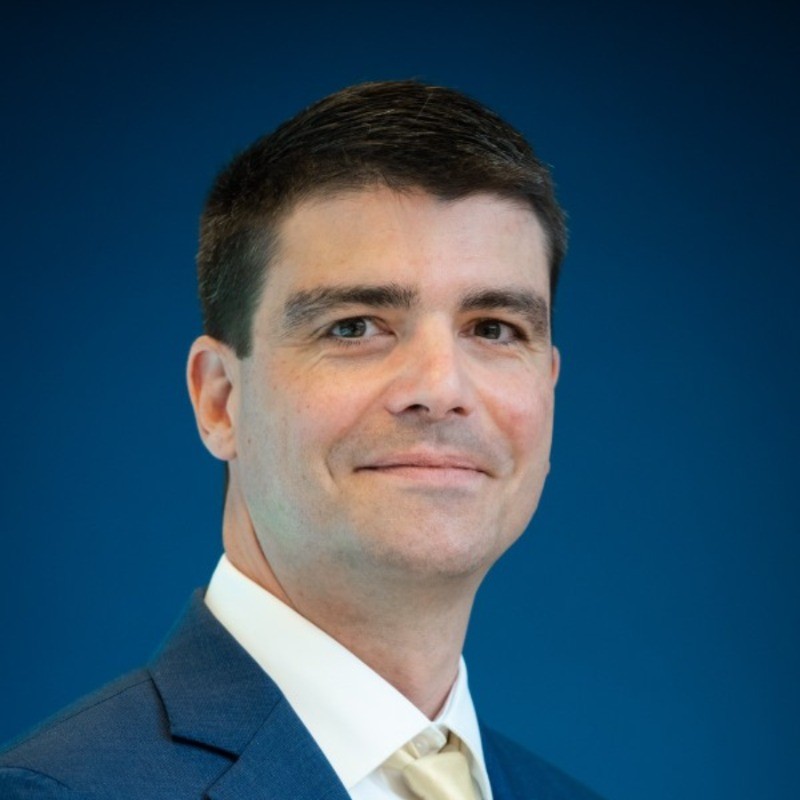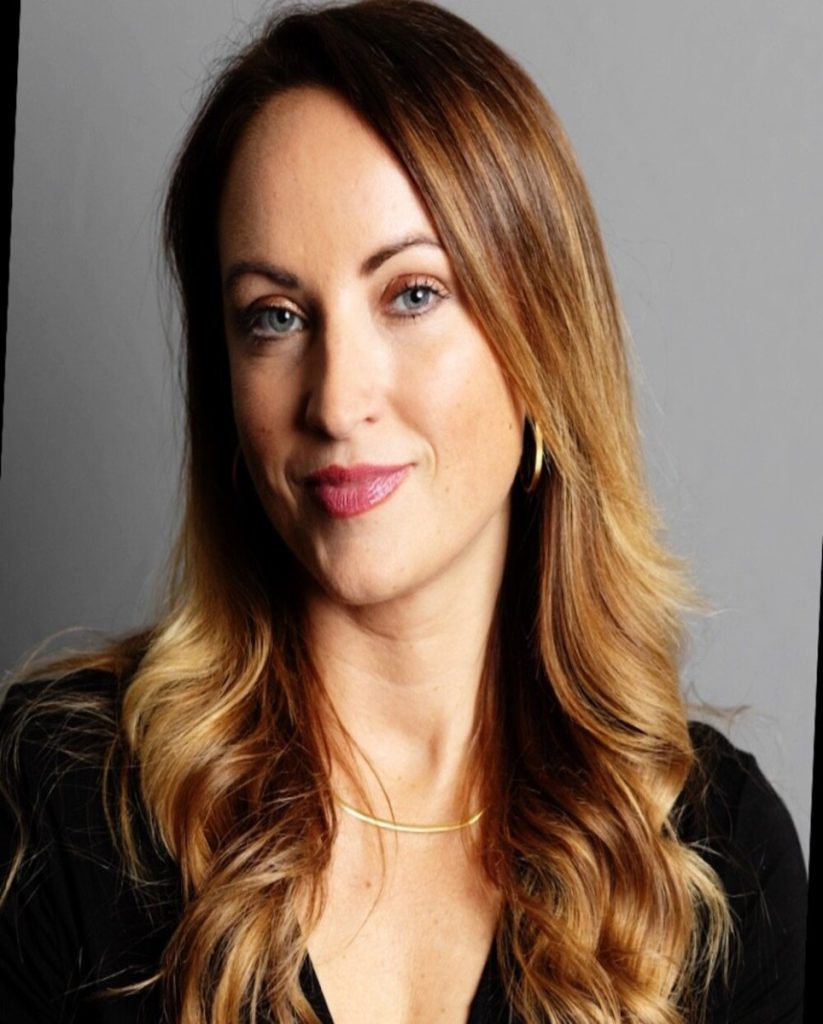2023 has proven to be another year of rapid developments within the UK and Europe’s wider payments and fintech landscape when it pertains to innovation, regulation and security.
In this second of a two-parter, Payment Expert assembled several industry experts to lend their views on the opportunities and challenges this year presented that defined 2023 and how this will ultimately transcend into 2024.
Lena Hackelöer, CEO and Founder of Brite Payments: ‘Open Banking 2.0 Has Become a Reality’

“Following 2023, it’s safe to say we’re on the verge of Open Banking 2.0. PSD2 set the scene for the first wave of Open Banking innovators in Europe, and now with PSD3 taking shape, we’re going to see new players emerge that further challenge the status quo.
“Brite Payments, for example, provides merchants with instant bank payments and payouts, processed through a proprietary network that leverages Open Banking.
“Open Banking payments are already proving to be one of the bright spots for Open Banking more generally, and the proposed legislative changes will hopefully level the playing field to ensure competition and innovation.
“Although it won’t come into effect until 2025, PSD3 and the accompanying Payment Services Regulations (PSR) have loomed large over the sector this year and will play a big role in defining this exciting next phase in the evolution of Open Banking in Europe.”
Antoine Cuypers, Director of Strategic Alliances & Key Accounts at Intix: ‘Instant Payments Are Reaching New Heights’

“Over the past twelve months, there has been a persistent clamour from consumers and businesses for quicker, digitised payment methods, intensified by the urgent need for safe, touchless payment options in response to the pandemic.
“As we enter 2024, the emergence of truly instant payment solutions feels almost inevitable. Both in Europe and North America, it’s a trend with serious scope for growth.
“According to research from the European Central Bank (ECB), Single Euro Payments Area (SEPA) instant credit transfers currently account for only 14% of all conventional SEPA credit transfers. In the next 12 months, it’s highly likely that this number will grow significantly, with more companies entering this emerging space and offering real-time payment solutions that add value to the lives of businesses and individuals.
“Legislation brought through by the European Commission will also help to further proliferate adoption rates. The proposed regulation is designed to ensure that every citizen holding a bank account in the European Economic Area can make instant payments in euro. If this is implemented, we will see a considerable increase in demand for instant payment solutions across the continent.”
Kimberley Waldron, Co-Founder of SkyParlour: ‘Fintech Has Been Made to Mature’

“I think the past year has really emphasised the increasing maturity of the fintech sector. The era of the ‘overnight unicorn’ is over, with businesses now forced to prioritise long-term strategies over short-term gains.
“Fortunately, businesses with sustainable growth models are thriving by focusing on financial products that deliver real-world benefits. Ultimately, this feels like a step in the right direction after a few difficult years.
“This shift has been caused partly by more discerning investors and consumers. As we enter 2024, individuals are increasingly interested in solutions that address specific societal and environmental challenges, and less enamoured by products that feel like innovation for innovation’s sake.
“This is encouraging a new wave of purpose-driven innovation to come to the fore, which is likely to massively impact the fintech sector in the next year.
“The companies leading this charge will not only provide innovative services but also demonstrate a clear understanding of the regulatory landscape to ensure compliance and build trust.
“In the next year, the integration of robust ESG strategies into business models across fintech will likely become standard practice, as the market increasingly favours companies with responsible and transparent operations.”






















